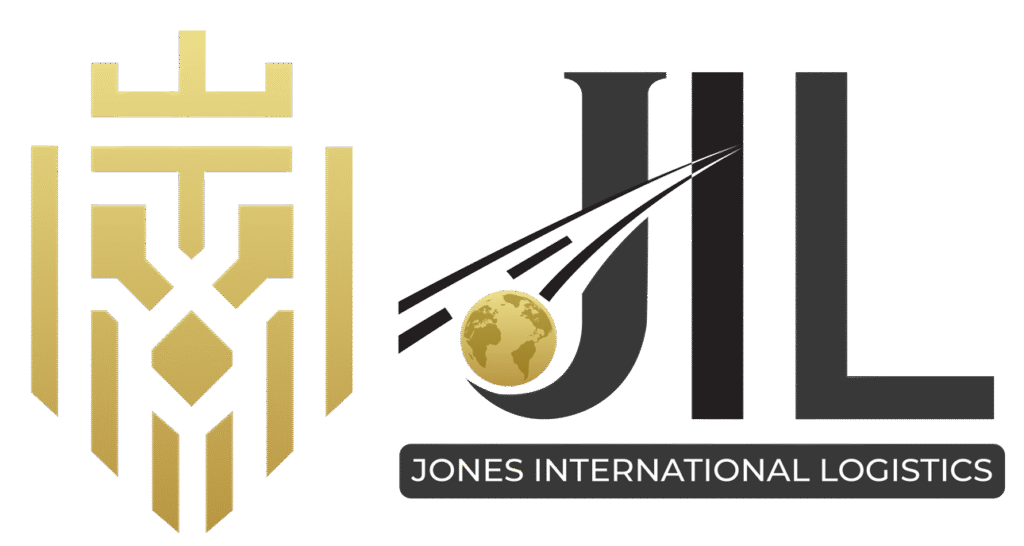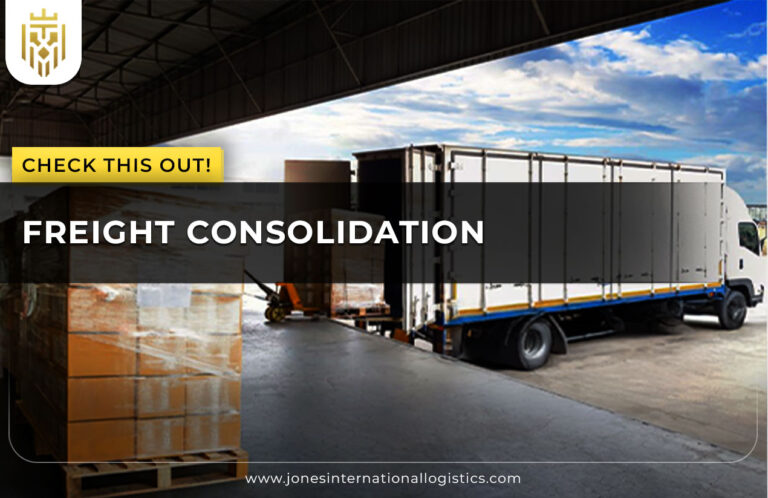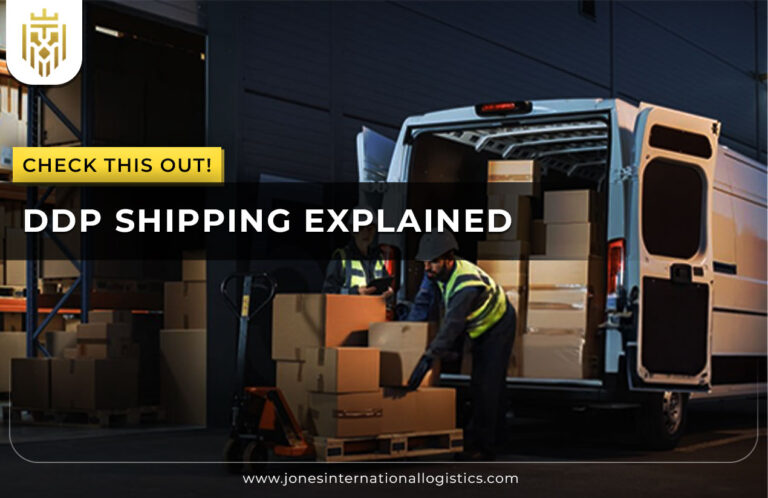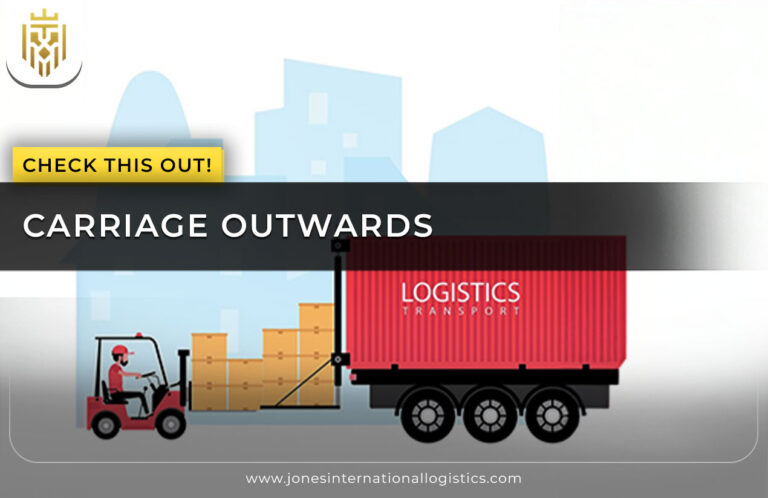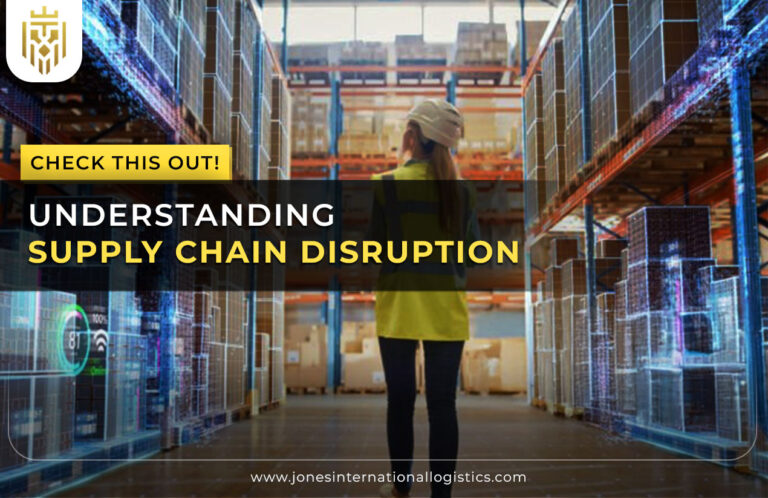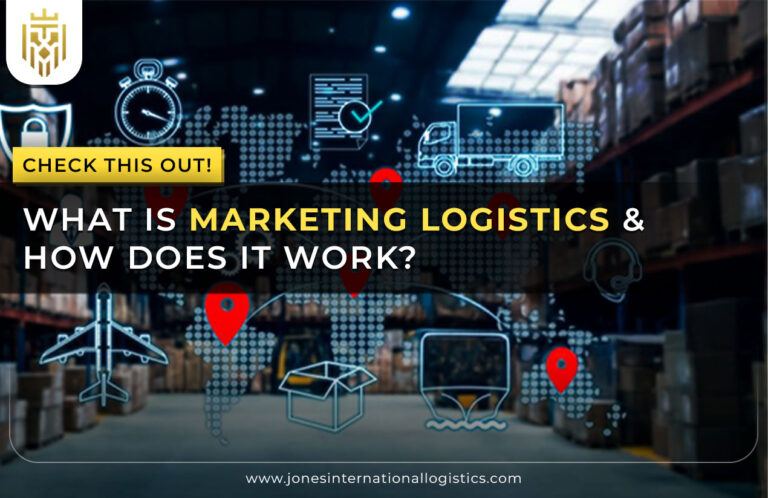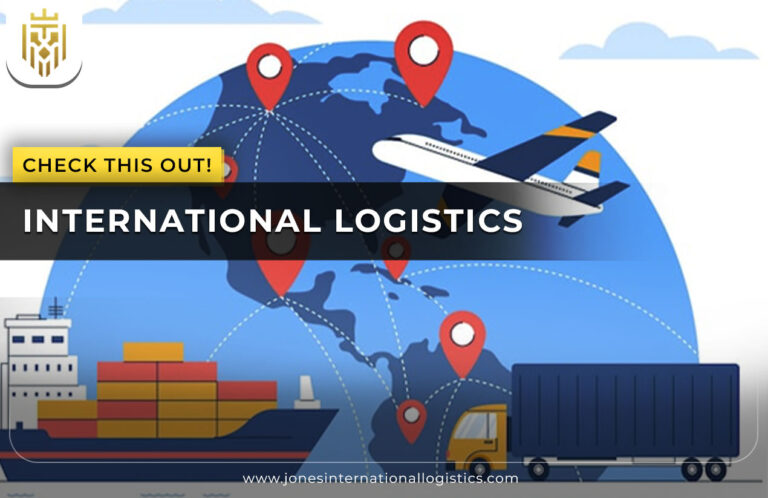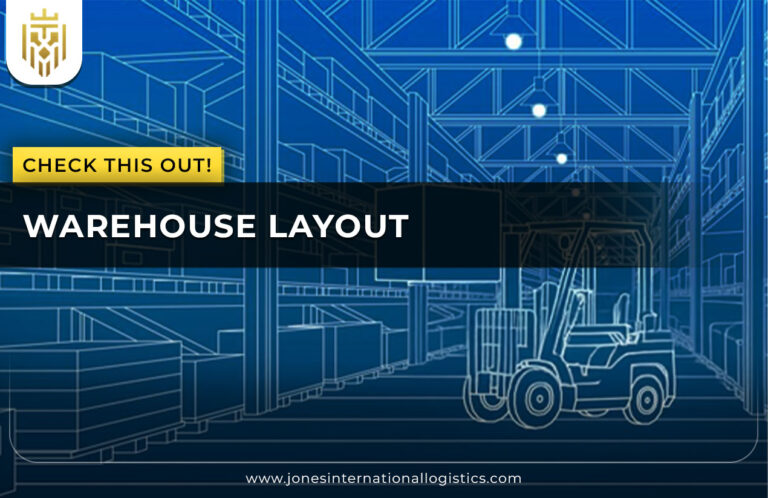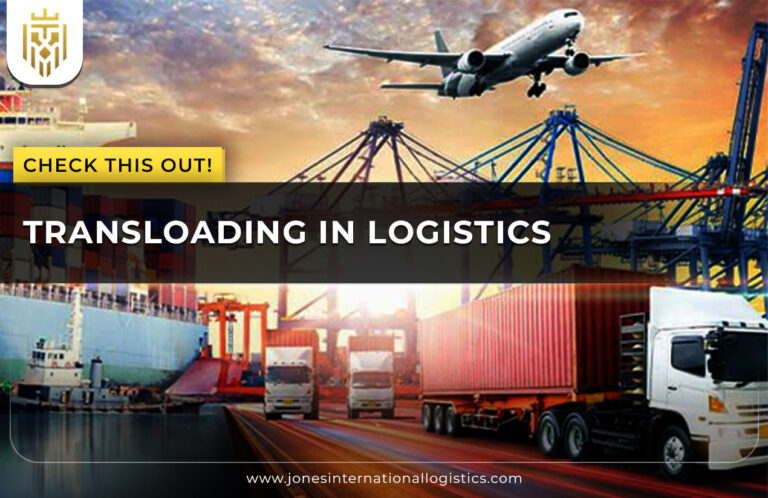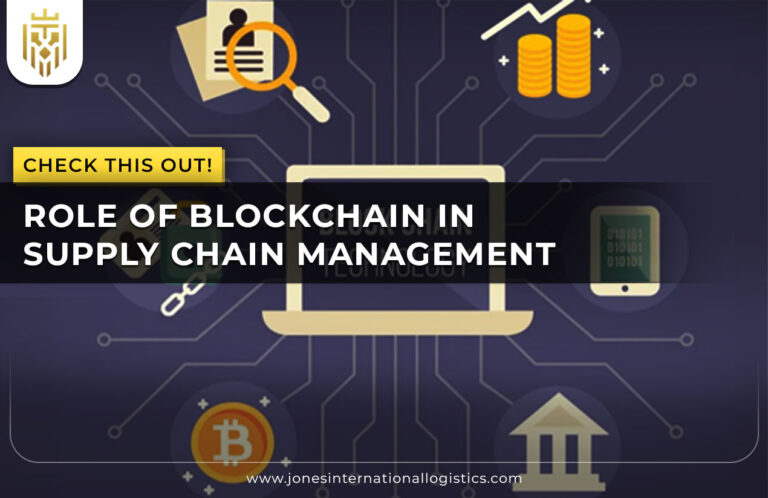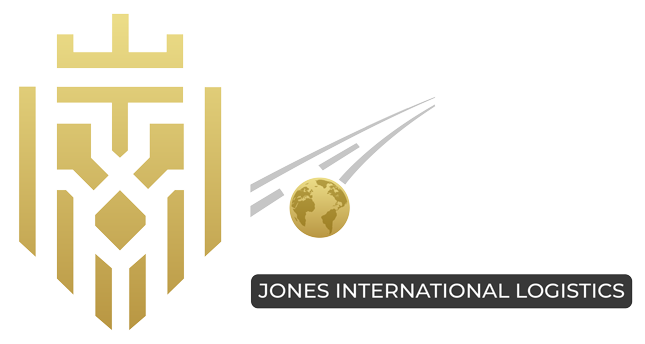What is E-Commerce Logistics?
E-commerce logistics is a way of regulating the flow of products during online trading, including storage, inventory, shipping, and delivery. It facilitates a smooth process of accepting online orders and subsequent delivery up to the last mile of delivery, managing inventories and transportation in the best way that meets the customer requirements.
Importance of E-Commerce Logistics?
E-commerce logistics is important because it establishes efficiency in the management of orders placed online to ensure that the shipping is executed in time and the delivery of the products is accurate. Proper logistics in e-commerce also creates confidence in customers and encourages the repetition of sales to them supporting sound warehousing and delivery systems to online stores.
Types Of E-Commerce Logistics
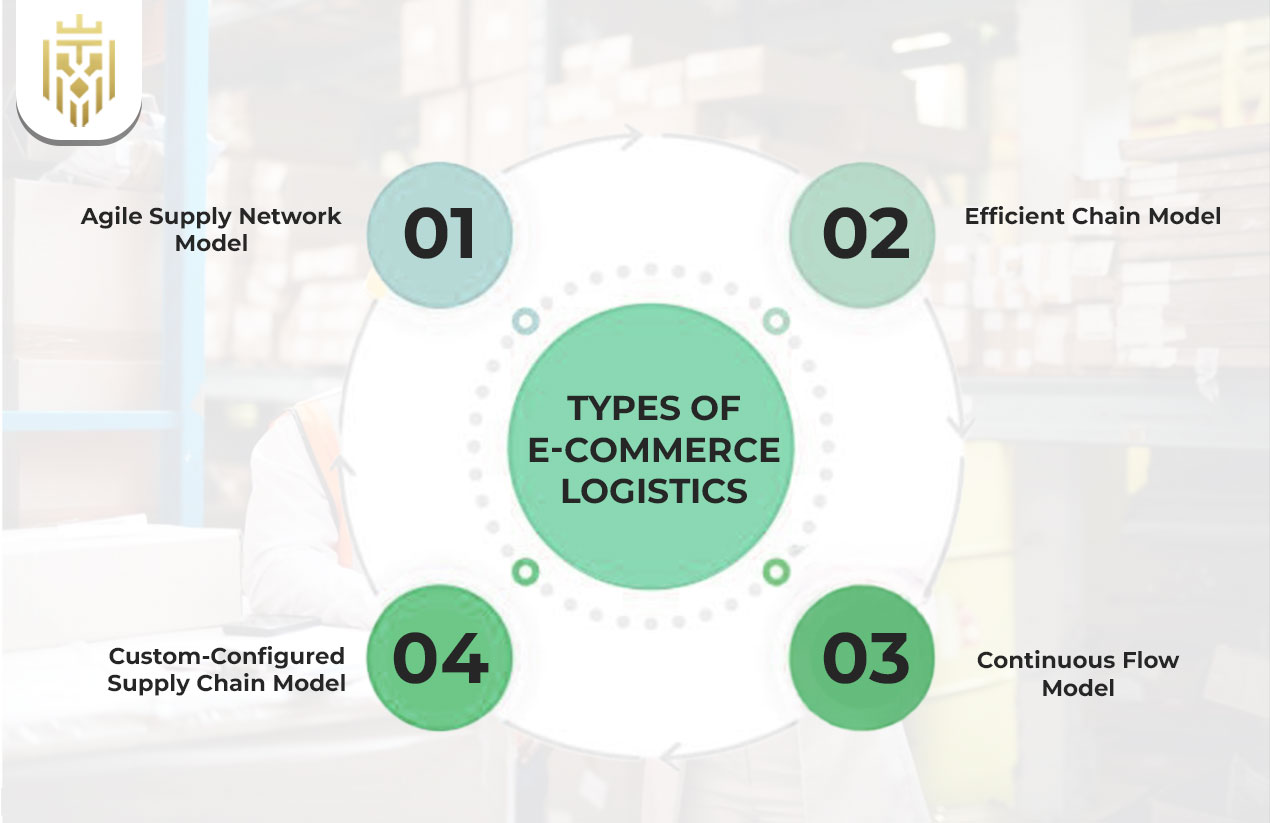
The various forms of e-commerce logistics models, which are agile supply network model, efficient chain model, continuous flow model, and custom-configured supply chain model, allow different businesses depending on the range of their products and order quantity and other market demands. Proper selection of the model enhances shipping, inventory management and general efficiency in the environment of logistics in e-commerce.
Agile Supply Network Model
Agile supply network model plays a crucial role in e-commerce and e-logistics to deal with the dynamically changing needs of consumers. It helps companies to be flexible with online orders, quickly react to market trends, and organize the inventory management without issues in shipping and delivery of orders in time.
Efficient Chain Model
The Efficient chain model pays attention to the reduction in shipping cost and the increase of the speed of delivery. This model of e-commerce logistical processes involves the incorporation of inventory management and simplified processes so that logistics operations go well leading to customer satisfaction and the competitive edge.
Continuous Flow Model
Continuous flow model eliminates variability in the movement of the products throughout the logistics of the e-commerce chain. This methodology is vital in task management of online stocks and is decreasing the chances of delaying shipment as well as ensuring that we have a continuous supply that enables high customer satisfaction to be achieved due to on time delivery policy.
Custom-Configured Supply Chain Model
In e-commerce logistics, the concept of a custom-configured supply chain model enables the business to adapt logistics procedures to the product or market of choice. It assists in streamlining inventory control and shipping policies, facilitating special treatment of internet-based orders and improving the timeliness and precision of the chain of supply.
Components of The Logistics E-Commerce Chain
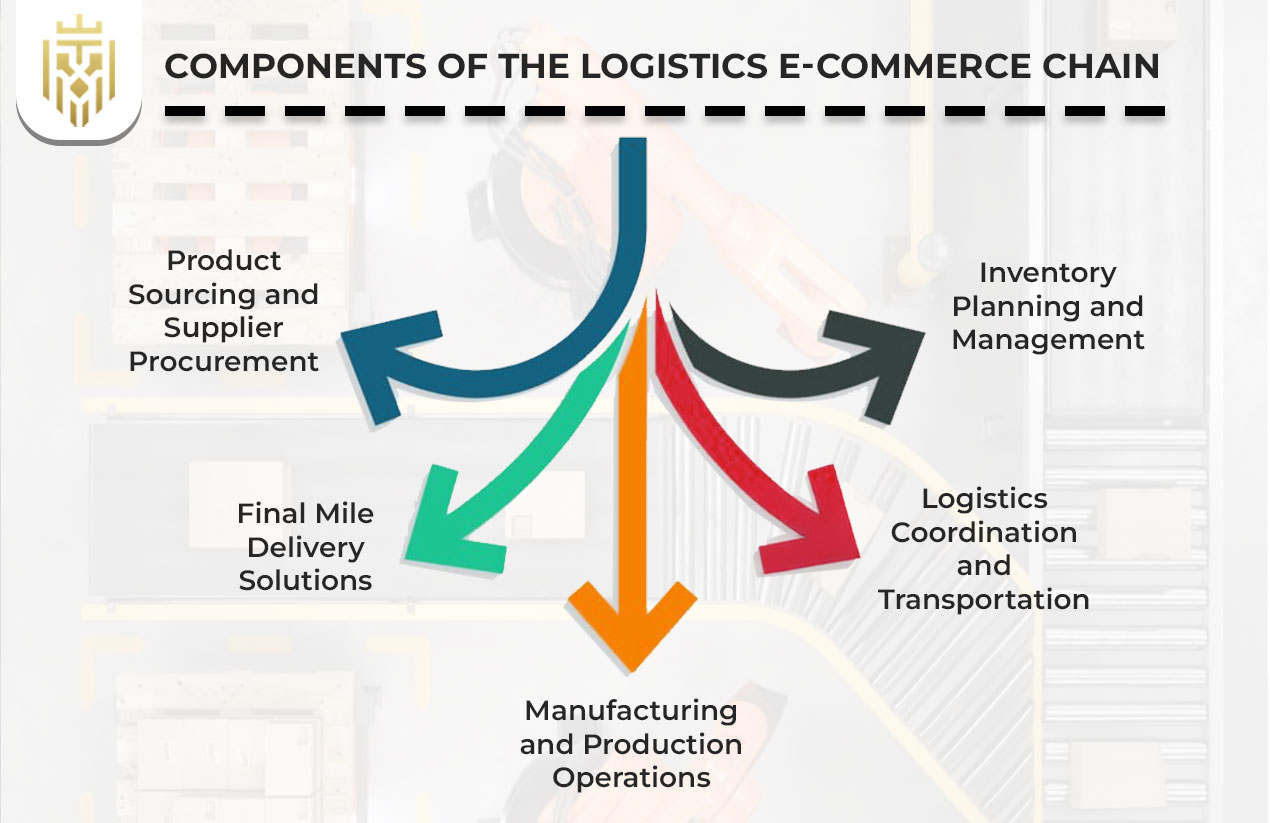
The components of e-commerce chain logistics include product sourcing and supplier procurement, final mile delivery solutions, manufacturing and production operations, logistics coordination and transportation, and inventory planning and management. All these components should interact effectively the aim of which should be a high level of management of online orders and a smooth course of commerce logistics activities.
Product Sourcing and Supplier Procurement
Commerce logistics is centred on product sourcing and purchasing of suppliers to render timely supply of goods against online orders. Quality sourcing processes will directly affect the inventory, which will enable the efficient shipping and smooth operations of e-commerce and e-logistics efforts to the businesses that are growing.
Final Mile Delivery Solutions
E-commerce logistics cannot do without final mile delivery, which concerns shipping to consumers as the last mile in the transportation chain. This step has a big impact on customer satisfaction due to the importance of fast and correct deliveries, which are an indispensable element of smooth product delivery in e-business and an effective online fulfilment strategy.
Manufacturing and Production Operations
To have effective e-commerce and e-logistics, manufacturing and production operations should be in line with inventory management and shipping. Proper scheduling will also help products be available to be dispatched online, with little or no delay and best practices as far as inventory control and order delivery timeliness are concerned.
Logistics Coordination and Transportation
The logistics of transport and organization play a major role in effective commerce. Dependent on the synchronisation of logistics networks to minimize the number of delays and improve the transportation chains, shipping reliability and timely delivery of online orders will depend on the support of a well-established system of management in the e-commerce logistics system.
Inventory Planning and Management
E-commerce logistics depends on inventory planning and management as the support of correct tracking and restocking of the online stock availability. Effective inventory management is a proper practice that guarantees the businesses the ability to satisfy their changing customer needs without imposing the issue of overstock and inefficiency in the capital shipping activities.
Order Processing and Management
The main focus of logistics in e-commerce is the processing and management of orders so that online orders get received accurately, processed and shipped accurately in good time. There are good practices of order management that can reduce shipping errors and facilitate easy stock management in the e-commerce logistics chain.
Benefits of E-commerce Logistics
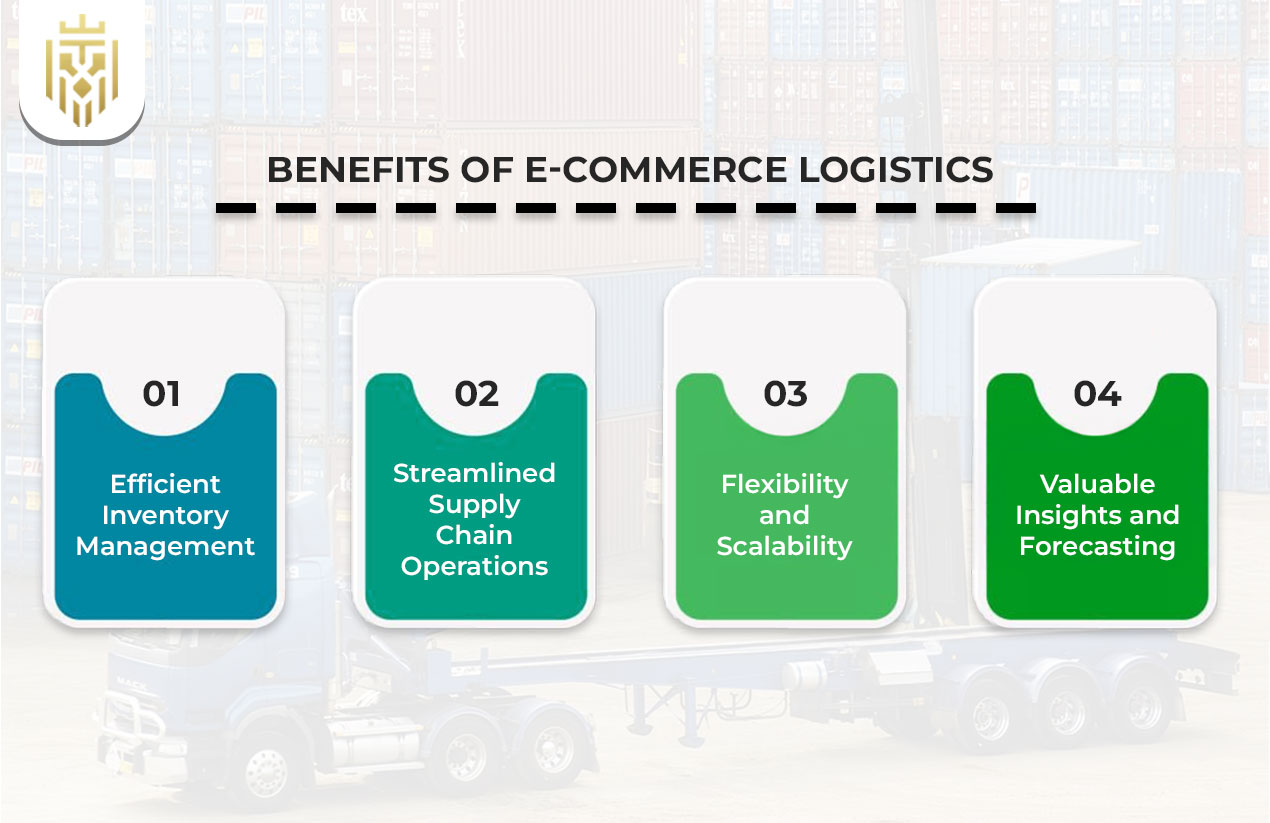
E-commerce logistics gives advantages like Efficient inventory management, Streamlined Supply Chain Operations, Flexibility and Scalability, and Valuable Insights and Forecasting. It meets trusted online fulfilment, increases customer satisfaction and gives business wisdom to rationalise its supply chain and management to achieve them.
Efficient Inventory Management
E-commerce logistics allows the business to be accurate as far as inventory management is concerned and it incorporates intelligent tracking and prediction programs. Such practices can streamline online orders and minimize stock discrepancy and striving beyond, enhancing the overall commerce logistics.
Streamlined Supply Chain Operations
Through e-commerce and e-logistics, organisations attain an efficient supply chain management whereby shipping inconveniences and stock control are minimal. Effective organization of logistics helps to coordinate and reinforce the presence of better management, quicker processing of online orders, and responsiveness of the whole commerce logistics system.
Flexibility and Scalability
E-commerce logistics flexibility and scalability enable companies to scale and readjust to any level of fluctuating customer demand and sales surges. Such flexible operations keep the inventory in line with shipping capabilities, so the businesses can easily cope with the changing amount of online orders and keep the service levels high.
Valuable Insights and Forecasting
Utilizing e-commerce shipping can be an excellent source of insight and forecasting, used to improve the accuracy of inventory planning and shipping. Such perceptions inform management to increase order fulfilling practices and to enable business to optimize logistics in e-commerce to sustain growth and customer satisfaction.
How to Choose the Right Type of E-Commerce Logistics for Your Business?
Choosing the appropriate form of e-commerce logistics requires an assessment of your own shipping requirements, inventory management skills as well as volume of online orders. Companies (businesses) are advised to make the decision based on their kind of products and customers expectations as they incorporate good management processes and quality commercial logistics services.
FAQs
1) What is e-commerce logistics?
E-commerce logistics is a way of regulating the flow of products during online trading, including storage, inventory, shipping, and delivery. It facilitates a smooth process of accepting online orders and subsequent delivery up to the last mile of delivery, managing inventories and transportation in the best way that meets the customer requirements.
2) How does e-commerce logistics work?
E-commerce logistics work via administration of stocks, taking of Internet orders, sorting trades, and delivering them. It combines storage, transportation, and tracking solutions in order to simplify the process of filling orders, increase customer satisfaction with their experience and help organize efficient work of commerce logistics.
3) What are the benefits of e-commerce logistics?
E-commerce logistics gives advantages like Efficient inventory management, Streamlined Supply Chain Operations, Flexibility and Scalability, and Valuable Insights and Forecasting.
4) What are the components of e-commerce logistics?
The components of e-commerce chain logistics include product sourcing and supplier procurement, final mile delivery solutions, manufacturing and production operations, logistics coordination and transportation, and inventory planning and management.
